Check out our Host Emeritus Chase L. Cantrell as guest columnist in the Detroit Free Press today, with his piece, "How to Achieve One Detroit for All."
An excerpt—
"From 2016-17, I had the privilege of leading the Urban Consulate's weekly public conversations regarding the state of our city. More than 50 guest speakers and countless audience members expressed their views on Detroit’s history and its evolution. From police brutality in the era before Detroit’s 1967 rebellion to age-old stories of loss of life and land, their narratives were heavy with the weight of dispossession.
But time and again, I found that Detroiters felt a sense of release at being able to freely share their stories with other Detroiters. Far too often, however, they remarked on how unique such an informal space was in Detroit.
Creating more spaces for frank dialogue recognizes that those closest to the problem are closest to the solution. Providing Detroiters most affected by trauma outlets to share their stories and ideas not only fosters relationships and solidarity but also restores a sense of agency to the most marginalized."
WHAT'S THE STATE OF BLACK LIFE IN DETROIT?
Stephen Henderson, Detroit Today, WDET—
"In his final State of the State speech Gov. Rick Snyder used Detroit as an example of the success of his two terms in office. 'Detroit’s transformation has been incredible,' he said. “Remember what Detroit was like 10 years ago, or maybe you may not want to. The progress has been incredible.”
But not everyone has seen and felt the progress in Detroit.
So what is the state of the city of Detroit? Specifically, what is the state of the city for black Detroiters, who make up more than 80 percent of Detroit’s population?
Chase Cantrell, executive director of Building Community Value and host emeritus of Urban Consulate in Detroit asked himself, and attempted to answer, this question in a recent parlor talk at the Urban Consulate: 'What role should Detroit play as a national model for black culture, investment, development & thought?'"

